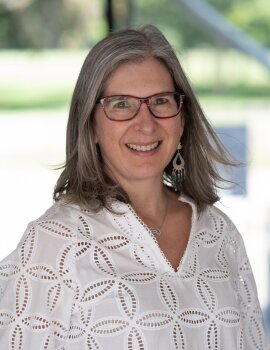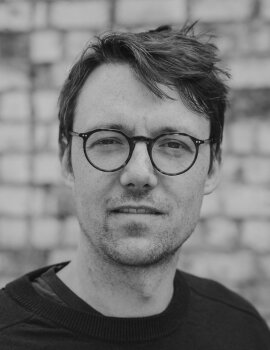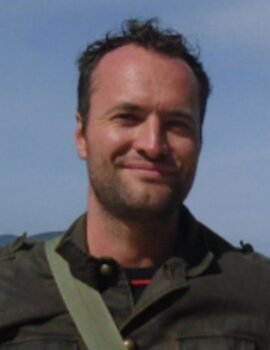Sign up for this session

Authoritarianism is often framed as resurgent — a recent challenge posed by autocrats and democratic backsliding. Yet such a view obscures its deep entanglement with liberal democracy and global capitalism. Authoritarianism is not simply the rule of the strongman; it is a system rooted in historical and structural practices that concentrate power, insulate decision-making from democratic oversight, and govern racialised populations within and beyond liberal states.
This opening session of the Debating Development series maps the global landscape of democracy and authoritarianism today, shifting the focus from personalities and regimes to the enduring structures that enable authoritarian power to thrive. The first part of this session explores how authoritarianism functions as a structural expression of deepening inequality: as wealth concentrates, so too does political power, hollowing out democratic processes and reducing participation to performance. It examines how austerity, debt regimes, and technocratic governance frameworks silence dissent, and how global systems normalise the erosion of democratic space while claiming to uphold it.
The second part turns to Gaza as a critical lens for understanding the racial–colonial dimensions of authoritarianism. It traces continuities between colonial governance and contemporary state practices — from emergency laws and censorship to racialised exclusion and the repression of dissent in supposedly liberal democracies. The session examines how Western governments’ alliances with authoritarian regimes abroad are mirrored in domestic crackdowns on dissent, particularly targeting Palestine solidarity movements, and argues that defending Palestinian rights is a test case for the universality of human rights.
Taken together this session focuses on crucial questions: What is authoritarianism today? How does it operate not just in overtly repressive regimes but in the very architecture of our global order? And what would it mean to confront it at its roots in inequality, racism, and the legacies of empire?
Invited speakers

Nicola Pratt is a Professor of the International Politics of the Middle East at the University of Warwick, UK. Her teaching and research is informed by her commitment to feminist, queer and decolonial approaches and a focus on ‘politics from below’. She has written, co-authored and co-edited a number of books and articles on authoritarianism, civil society, and women and gender in the Middle East and North Africa. Her most recent monograph, Embodying Geopolitics: Generations of Women’s Activism in Egypt, Jordan and Lebanon (University of California Press, 2020), was awarded the Susan Strange Prize for the best book in 2020 by the British International Studies Association.

Koen Bogaert is a lecturer at the Department of Conflict and Development Studies at Ghent University. He is also a member of the Middle East and North Africa Research Group (MENARG). His research focuses on the links between globalization, urbanization, social inequality and social protest in North Africa and more recently he looks into the dynamics of global protest movements and its links to issues such as Palestine solidarity, climate justice and anticolonial and anti-imperial struggle. He currently also teaches on colonial history and anticolonial resistance. His most recent book, In het Spoor van Fanon: Orde, wanorde, dekolonisering, was published by EPO uitgeverij in 2023.
Host

Gert Van Hecken is associate professor at the Institute of Development Policy (IOB), University of Antwerp, and coordinator of the Debating Development series. His work engages with struggles for environmental, climate and reparative justice, critiques of (green) colonialism and global systems of exploitation, and the diverse ways in which communities and social movements resist and (re)imagine alternative futures. He teaches on the political economy of social and ecological change and transformative methodologies, and works in collaboration with grassroots and academic partners, particularly in Latin America. Alongside his academic work, he is active in the inter-university network for Palestine.